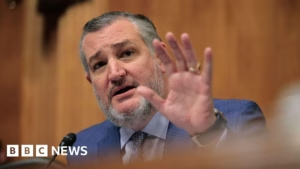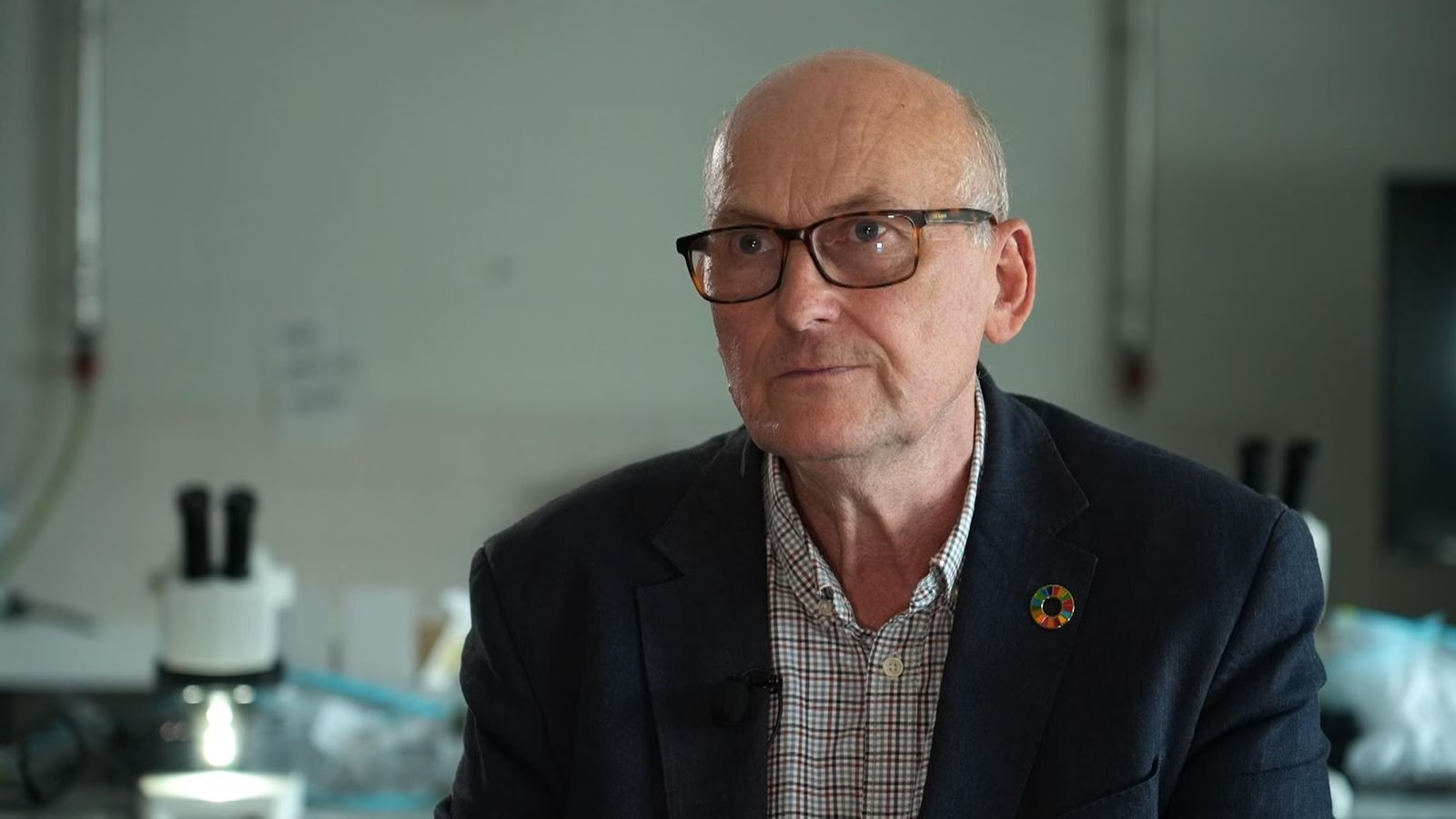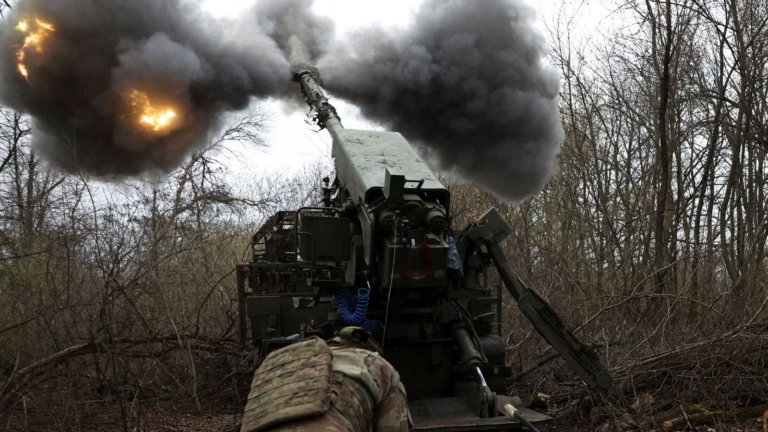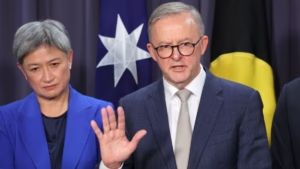Professor Richard Thompson, who first raised concerns about microplastics in the world’s oceans, warns of a daunting task ahead for scientists confronting the plastics industry as global negotiations on a plastic pollution-reduction treaty begin.
As discussions commence at the United Nations, Professor Thompson, head of the International Marine Litter unit at Plymouth University, fears the influence of interests opposing the treaty progress: “We observe coercion and pressure from parties with vested interests.”
Representatives from 175 countries will convene in Switzerland to hopefully conclude negotiations on a legally binding treaty to curb plastic pollution.
The UN emphasizes that while some nations act on plastic pollution, a global accord is necessary to address this universal issue. However, there is no official scientific representation at the talks.
Professor Thompson, attending the talks only as an observer, expresses concerns about the balance: “We’re observers with limited voice, while industry representatives, with significant stakes, have a strong presence. It feels like David facing Goliath.”
The professor adds, “It’s concerning to see some nations taking an increasingly shortsighted stance, likely influenced by political cycles or immediate profits.
“Leaders must consider the long-term effects to safeguard our planet for future generations.”
Every year, over 430 million tons of plastic are produced, but approximately 11 million tons end up as ocean pollution.
This amount is projected to triple to 29 million tons by 2040.
There is agreement among countries that plastic pollution is a serious issue, but they differ on how to address it.
The UK and over 70 countries in the “High Ambition Coalition” advocate for sustainable reduction in plastic production and consumption.
In contrast, major oil producers and the chemical industry resist such cuts.
Previous negotiations in South Korea ended in stalemate.
Professor Thompson is part of the Scientists’ Coalition for an Effective Plastics Treaty.
‘Strong treaty’ possible outside UN
“The influence of chemicals industry lobbyists hinders progress,” says Professor Thompson. “If a consensus cannot be reached, leading countries may need to act independently from the UN to enact a strong treaty.”
“Many nations already support the required level of ambition. We can start with these and invite others to join later. Ultimately, those who don’t may face international trade repercussions.”
Plastic’s widespread use is due to its affordability and versatility. Production will only decrease if there’s better utilization of existing plastic.
Project Plan B is collaborating with The Salvation Army to recycle polyester textiles. Their innovation turns these materials into plastic pellets for creating new clothing yarn.
‘Terrible waste’
A small handful of pellets can produce a T-shirt. Tim Cross of Project Plan B wants to minimize waste and pollution in recycling by creating a closed-loop system.
“This approach makes better use of plastic,” he affirms.
Waste is a huge issue; if we nonchalantly discard it into the environment, this is highly wasteful. We must prevent that from happening,” says Cross. The UK discards about 700,000 tons of textile waste annually, most of which ends up in landfills or incinerators.
A major issue is the mixture of materials in most garments, making recycling economically unfeasible.
A polyester shirt could have nylon buttons and cotton thread.
Yet, Project Plan B, in partnership with school uniform provider David Lu, is pioneering a blazer fully made from polyester and completely recyclable.
“Typically, these garments serve children for a couple of years, serve as goalposts a few times, and then what happens?” asks Mr Cross. “We aimed to ensure the full recyclability of the blazer. It’s a significant shift in clothing production.”
“Innovation emerges when something is both recycled and recyclable; it provides an immediate solution.”












